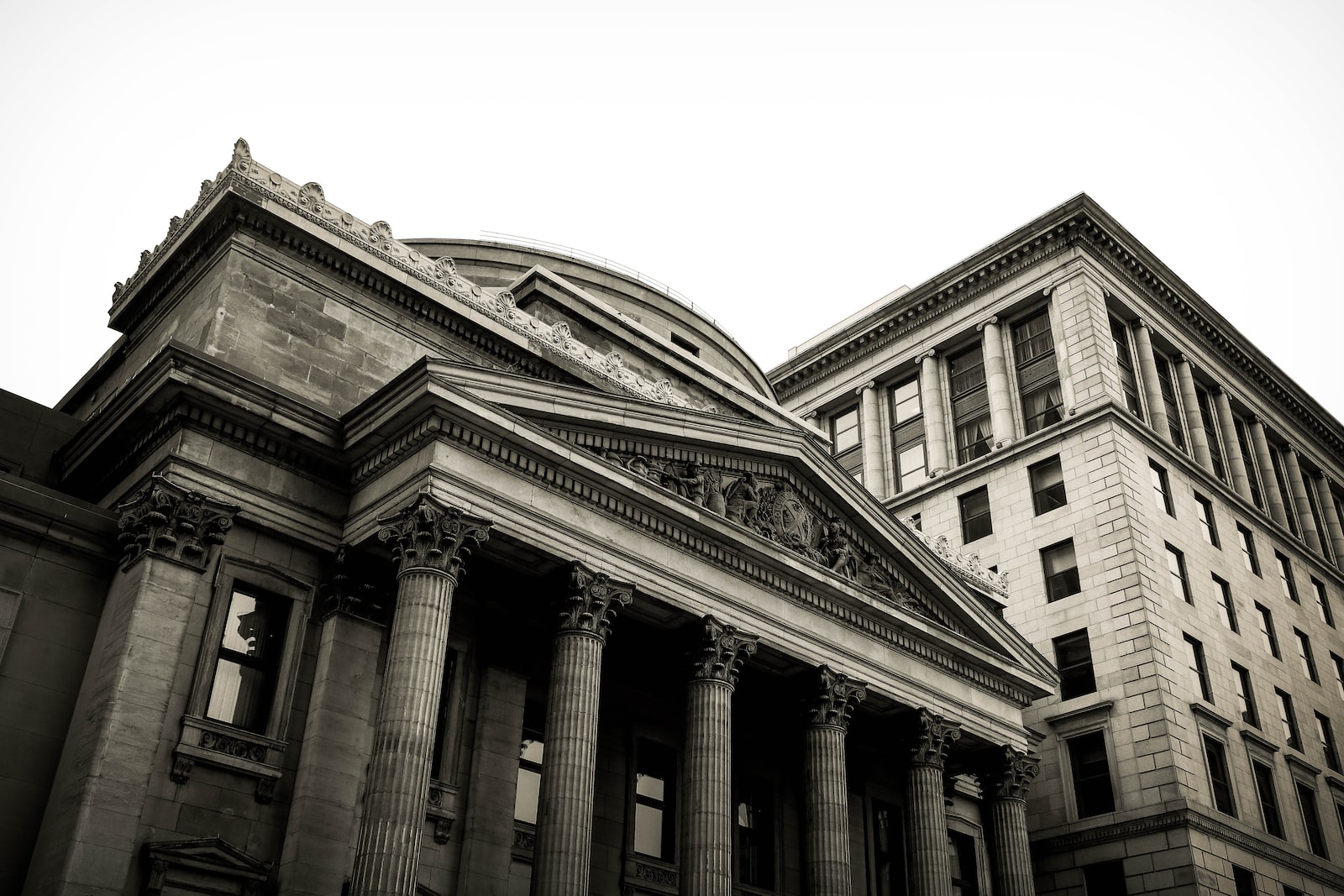The UK’s central bank announced the country is set to enter a recession but claims it will be shorter and less severe than previously believed due to reduced inflation rates.
Financial pressures that have caused people in the UK to be unable to afford essentials such as food and heating due to inflated costs, have resulted in a recession. The Bank of England have announced interest rates have hiked up to 4% from 3.5% – their highest level in over 14 years.
However, the bank has been putting up interest rates in a bid to tackle soaring costs and with interest being so high, the recession is now only estimated to last a year rather than two.
Energy bills are forecast to fall below £2.5K in July, as a drop in wholesale gas prices eases some of the pressure on Brits. Analysis by Investec, a bank and wealth manager, has estimated the cap on annual energy bills will fall to £2,478 for an average bill, down from it’s previous estimate of £2,640.
Andrew Bailey, a Bank of England Governor, said inflation appears to be falling, but warned there are still ‘big risks out there’ which could continue to have an impact on the economy.
In regard to people still facing huge risks when it comes to costs, Mat Megens, Finance Expert and Founder of HyperJar – a free money management app and card – outlined researched recently completed by Which? that shows around 2.3 million households missed paying an essential bill in January.
The statistic was an increase from 400,000 households in December 2022.
Research also displayed almost 59% of households made at least one financial adjustment, such as selling items, dipping into savings or cutting back on essentials, to cover their spending. Findings come after grocery prices recently increased by a record 16.7% compared to last year – the largest hike since 2008.
The average grocery bill is now expected to rise by £788 in 2023, bringing the overall amount to £5.504.
Peter Matejic, Chief Analyst at the Joseph Rowntree Foundation, said: ‘Inflation may be slightly lower this year than previously expected, but it’s still the case that the prices of essential items have surged and are set to keep increasing in 2023.
‘Persistent high inflation, which is set to remain at least twice the Bank of England’s target throughout 2023, has frightening consequences – especially with food prices at a record high and still rising.
‘This recession will not feel mild if you’re in a cold home or struggling to put meals on the table. More than 7 million people have been going without essentials such as food, heating and showers this winter and there is no real relief on the horizon for them.
‘Our governments are not powerless and should be prioritising ensuring everyone has enough to live on, so that those on the lowest incomes are not jeopardising their health or cutting back the family food budget just to keep the lights on.’
Photo by Etienne Martin


















Leave a Reply